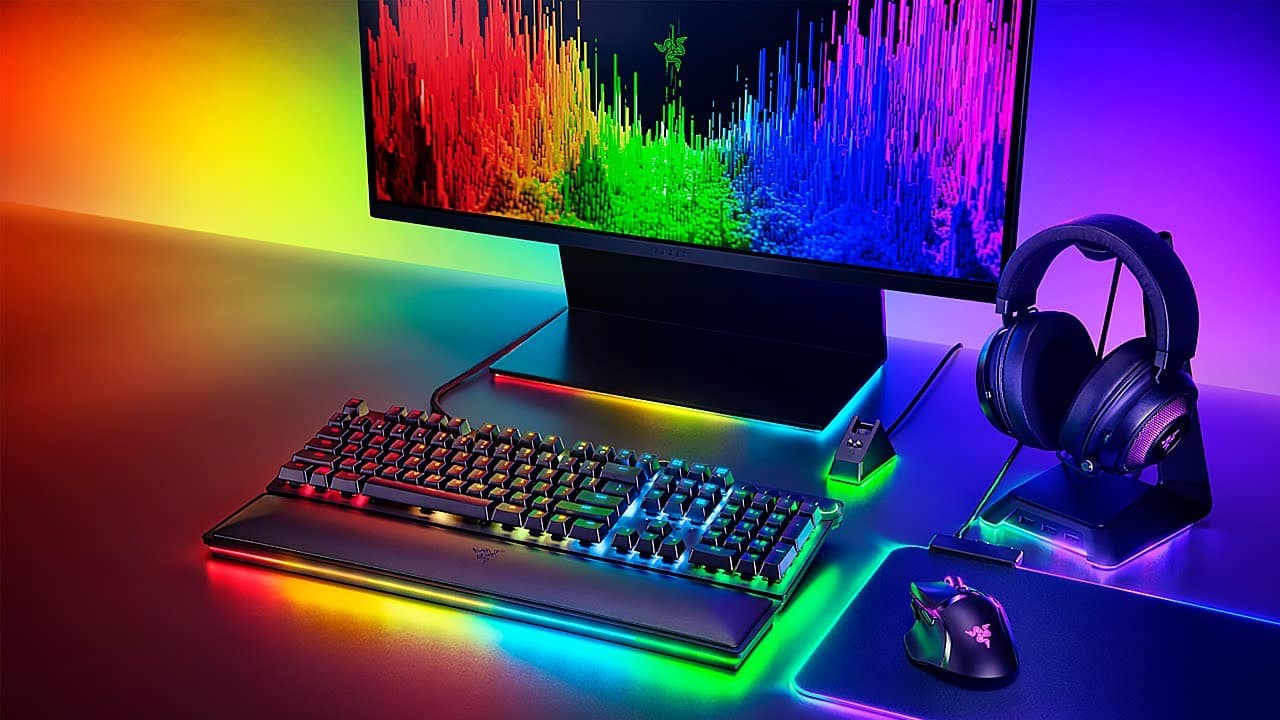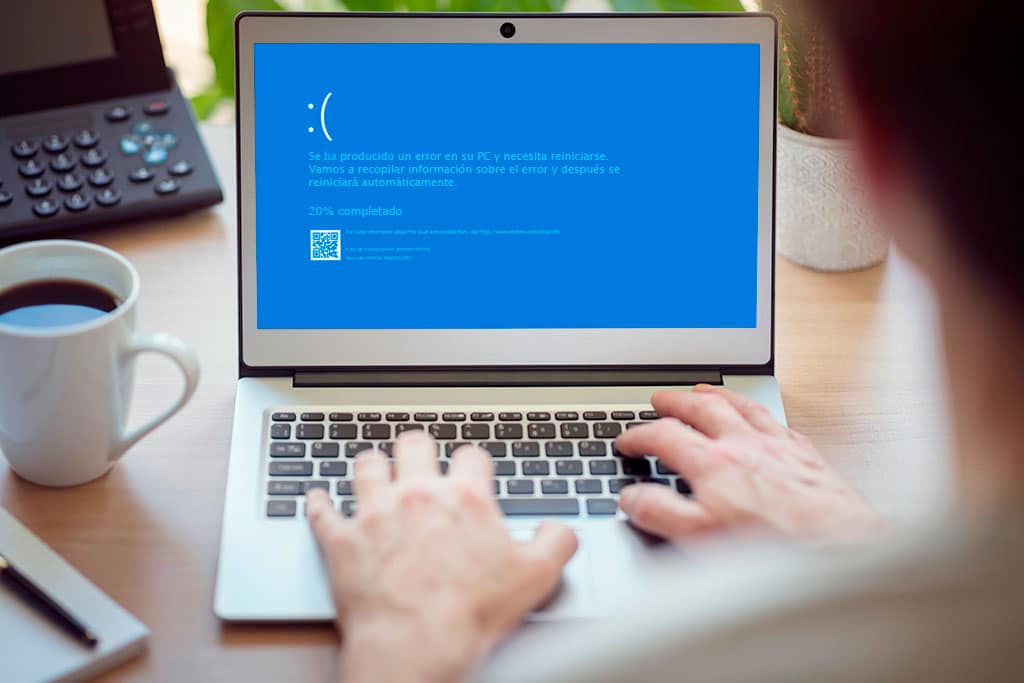Tips for buying a desktop computer
#1 Be careful and follow these tips for your computer
Elija cuidadosamente el hardware utilizado al crear la computadora de escritorio. Algunos procesadores no se pueden ejecutar en determinadas placas base. Algunos componentes de RAM solo son aplicables a placas base específicas. Asegúrese de que las piezas sean compatibles. Si fabrica el equipo usted mismo, se reducirán los dolores de cabeza.
#2 Measure space and your money
Otros consejos para su computadora Mide el espacio donde planeas colocar la computadora de escritorio. Las computadoras de escritorio vienen en diferentes tamaños según la marca y el tamaño. Usted sabe dónde se debe instalar la computadora, así que asegúrese de querer hacerlo. Intente comprar una computadora de escritorio que satisfaga sus necesidades y mantenga un precio razonable.

#3 Clean your computer
El equipo que necesita dependerá de las funciones reales que necesite completar
#4 Plantéese estas preguntas antes de comprar una computadora
- ¿Su computadora tiene suficiente memoria?
- ¿La memoria es una función importante de las computadoras de escritorio..?
- ¿Necesita almacenar muchos archivos?
- ¿Tienes muchas fotos digitales?
Las mini computadoras de escritorio son el beneficio ecológico del bajo consumo de energía. No consumen mucha energía cuando están en funcionamiento, pero te permiten realizar las mismas operaciones que una computadora básica. Si usa su computadora principalmente para sitios de redes sociales, navegar por páginas web y procesar texto, entonces máquinas similares deberían satisfacer sus necesidades.
#5 Read Reviews

Lea reseñas de cualquier computadora y consejos que considere en diferentes computadoras. No compre una computadora porque es barata. Las computadoras baratas a menudo encuentran varios problemas. Si usa el escritorio que está comprando, tenga en cuenta que el fabricante generalmente no transfiere la garantía al nuevo propietario. Esto significa que si algo sale mal, usted será responsable de reparar el equipo. Primero debe decidir si está dispuesto a comprar. Al comprar una buena computadora, la calidad de construcción es importante. Debe saber que el caso se puede manejar. Si la situación es frágil, considere actualizar. Algunas computadoras de alta gama contienen dos o más tarjetas de video. Estas tarjetas de video funcionarán en grupos de dos o más.
YOU CAN ALSO READ: Don't know what makes a good laptop? This can help you!

Write us a comment: